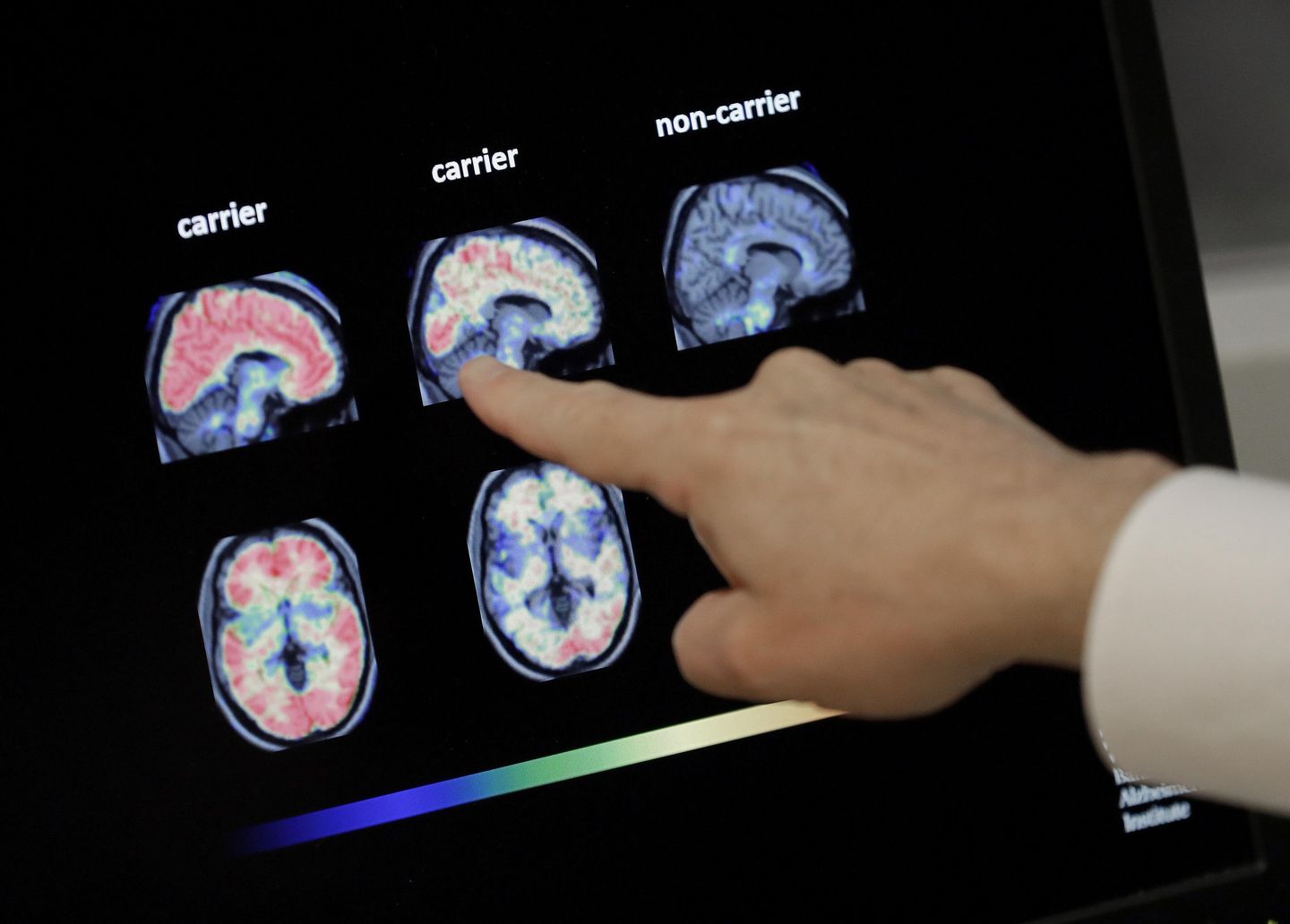A new study published in Nature Medicine has shed light on the alarming rise in dementia cases in America. According to the research, the number of dementia cases is projected to double by 2060, with approximately 1 million new cases being diagnosed annually. This is a concerning trend that has significant implications for both individuals and society as a whole.
Dementia is a broad term that encompasses a range of cognitive impairments, including memory loss, difficulty with language and communication, and changes in mood and behavior. It is most commonly associated with Alzheimer’s disease, but can also be caused by other factors such as vascular issues or Lewy body dementia.
The study, led by researchers at the University of Southern California, used data from the Health and Retirement Study, a nationally representative survey of Americans over the age of 50. By analyzing trends in dementia prevalence over time, the researchers were able to make projections about future rates of the disease.
The results were sobering. The researchers found that the number of dementia cases in America is expected to skyrocket in the coming decades. By 2060, it is estimated that there will be 1 million new cases of dementia diagnosed each year, compared to approximately 500,000 cases annually in 2018.
This rapid increase in dementia cases is largely attributable to the aging population. As the baby boomer generation reaches old age, the number of individuals at risk for developing dementia is expected to rise significantly. In addition, improvements in healthcare and medical technology mean that people are living longer, increasing the overall prevalence of age-related diseases such as dementia.
The implications of this trend are far-reaching. Dementia is a devastating disease that not only affects individuals but also places a significant burden on families, caregivers, and the healthcare system as a whole. The costs associated with caring for individuals with dementia are substantial, both in terms of financial resources and emotional toll.
In addition, the increase in dementia cases will put a strain on an already overburdened healthcare system. Dementia care requires specialized services and support, including long-term care facilities, home health aides, and medical professionals with expertise in geriatric care. As the number of individuals with dementia continues to rise, there will be an increased demand for these services, potentially leading to shortages and gaps in care.
The study also highlights the need for more research and investment in dementia prevention and treatment. While there is currently no cure for dementia, there are steps that individuals can take to reduce their risk of developing the disease. These include maintaining a healthy lifestyle, staying mentally and physically active, and managing chronic conditions such as diabetes and hypertension.
In addition, researchers are exploring new avenues for treatment, including medications that target the underlying causes of dementia and lifestyle interventions that may help slow the progression of the disease. By investing in research and innovation, we may be able to stem the tide of dementia cases and improve outcomes for individuals living with the disease.
Overall, the findings of this study underscore the urgent need for action to address the growing crisis of dementia in America. As the number of cases continues to rise, it is essential that we prioritize dementia care and support at both the individual and societal levels. By raising awareness, increasing funding for research, and expanding access to high-quality care, we can work towards a future where dementia is no longer a looming threat, but a manageable condition that can be effectively treated and prevented.









